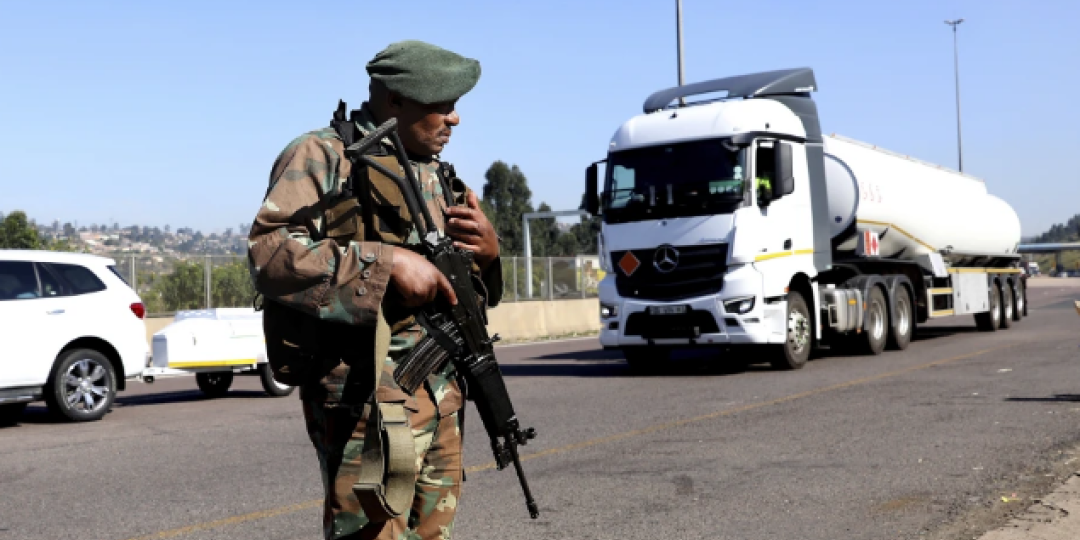Last week’s arson attacks on South Africa’s road freight industry, in which 21 trucks were burned, will have a significant cost impact on the transport sector, ultimately to be borne by consumers, says Justin Chadwick, CEO of the Citrus Growers Association (CGA)
In Friday’s weekly newsletter for the association, Chadwick looked back on a week of terror perpetrated against the country’s logistics sector, saying: “It is concerning that as we approach the peak of deliveries of citrus to the port, criminals are now torching trucks on our major routes.”
Referring to President Cyril Ramaphosa’s assessment of the truck burning as “economic sabotage”, Chadwick says it “increases the cost of transport through higher insurance premiums, additional security measures, and replacement of vandalised equipment.
“These increased costs are passed on to consumers of the transported goods. In the case of citrus, exporters now have to pay more, impacting on already strained returns to the farm; in the worst case, some trucking companies are refusing to operate under these circumstances.”
Using analysis by the CGA, Chadwick says there are 2 200 trucks on the road per week transporting citrus from the northern regions (Limpopo and the Lowveld), with a further 1 200 in the Eastern Cape and 1 000 in the Western and Northern Cape.
He adds that there is a strong case to be made for moving a good tonnage off the roads and onto the rail.
“Here again, criminality is an issue as cable theft impacts rail reliability. The perishable nature of fruit as a cargo means it must move seamlessly through to the port, with no delays en route. In order to see significant volumes shifted from road to rail, the issues around reliability will need to be addressed, as will investment in equipment and infrastructure.”
He says it was good to see Ramaphosa take a strong stance against the arson attacks, the arrests that followed, and the deployment of troops from the SA National Defence Force in affected provinces.
“This strong response is welcomed. It is important that the root cause of this criminality is determined and addressed so that those using the road infrastructure can do so without fear.”













